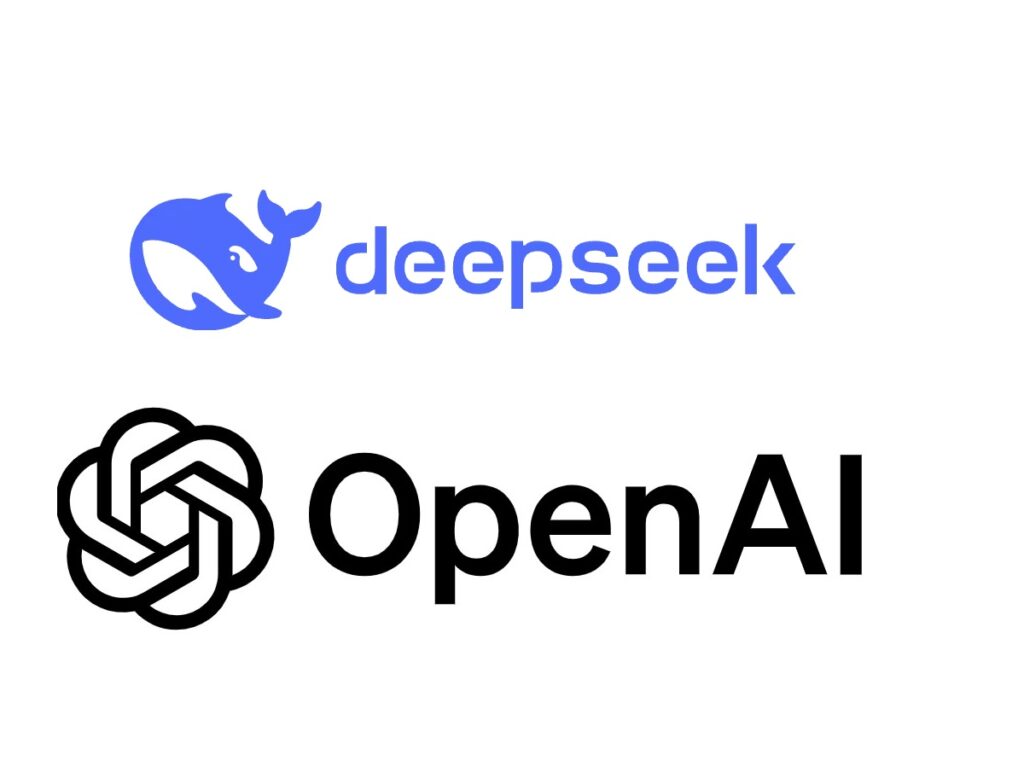On March 13, 2025, OpenAI submitted a policy proposal to the Office of Science and Technology Policy, urging the U.S. government and its top allies to ban the use of AI models developed by DeepSeek, a fast-rising Chinese artificial intelligence startup. The recommendation was made under the Trump administration’s ongoing AI Action Plan initiative and comes amid increasing concerns over data privacy and national security.
OpenAI described DeepSeek as “state-subsidized” and “state-controlled,” and warned that its viral reasoning model, R1, poses significant threats of interference by the Chinese government. The company stated that the models could “expose U.S. technology allies to national security risks” and recommended that all Tier 1 countries under U.S. export rules — 18 of America’s most trusted allies — take immediate steps to ban DeepSeek’s models.
Accusations Escalate Amid Rising Tensions
The proposal marked an escalation in OpenAI’s campaign against DeepSeek. The company has previously accused DeepSeek of “distilling” knowledge from OpenAI’s models against its terms of service. However, this time, the allegations took on a geopolitical tone, highlighting that DeepSeek “is supported by the PRC and under its command.”
DeepSeek gained traction earlier in the year and became the focus of increased scrutiny after its founder, Liang Wenfeng, met with Chinese President Xi Jinping in February. The connection has heightened concerns among Western tech and policy circles, especially regarding the potential for Chinese law to compel tech companies to share sensitive user data.
Concerns About Open-Source AI Misplaced?
Despite OpenAI’s security-based argument, several experts have pointed out a crucial distinction between DeepSeek’s open-source models and its hosted services. The ambiguity in OpenAI’s policy document—specifically regarding whether the ban applies to DeepSeek’s API, open models, or both—has sparked criticism and calls for clarification.
“While data security is always a consideration for hosted services, our research indicates the open-sourced DeepSeek model is itself free of CCP bias — therefore, a blanket ban on the model, even if it’s hosted in the USA, is unjustified,” said Robert Caulk, CEO of AskNews.app.
This perspective is echoed across the industry. “The real security question isn’t about the model itself but about where user data flows,” said Michael Newman, director of transformation at Graham Media Group. He emphasized the importance of discerning between “directly using an API connected to an overseas server” and “self-hosting open-source models or APIs through a secure provider like AWS.”
Broadcast and Media Industry on Alert
The potential implications of the proposed ban extend far beyond policy and into the realm of media and broadcasting. As AI becomes increasingly essential for automated transcription, editing, and analytics, media companies have begun adopting affordable open-source reasoning models like DeepSeek R1. “The proposed ban could have far-reaching implications for the broadcast TV and media industry, where affordable open-source AI reasoning models are increasingly being considered for content creation, data analysis and audience engagement,” the proposal noted. Security risks associated with DeepSeek’s direct services—such as its website, apps, and cloud API—are cause for concern. If compromised, these platforms could potentially leak sensitive data from media firms and endanger editorial content or viewer privacy.
OpenAI Walks Back as Criticism Mounts
Just two days after the initial submission, OpenAI appeared to scale back its original stance. In a statement to TechCrunch on March 15, spokesperson Liz Bourgeois clarified that the company’s focus was less about banning the model itself and more about ensuring secure data infrastructure. “We’re not advocating for restrictions on people using models like DeepSeek. What we’re proposing are changes to U.S. export rules that would allow additional countries to access U.S. compute on the condition that their datacenters don’t rely on PRC technology that present[s] security risks — instead of restricting their access to chips based on the assumption that they will divert technology to the PRC,” Bourgeois explained. This revision points to a shift from concerns over the model’s structure or capability to the underlying infrastructure and data governance supporting AI platforms.
Experts Weigh in on Strategic Motives
While security remains a priority, some industry leaders believe OpenAI’s move may also be strategically motivated. DeepSeek’s R1 model has garnered attention for delivering comparable capabilities to OpenAI’s offerings at a much lower cost. “Depending on where data is stored, OpenAI’s call for a ban reflects deep security concerns. Yet, this proposal also appears to be a strategic maneuver aimed at limiting competitor influence. The concern here for news is much larger than DeepSeek,” said Josh Brandau, CEO of NOTA.
The Rising Geopolitics of AI
OpenAI’s actions highlight the growing intersection between AI technology and global politics. The rise of state-backed models like DeepSeek is shifting the battleground from military to algorithmic dominance. As national governments move to assert sovereignty over data and technology, media organizations are left to navigate a fragmented, politically charged AI ecosystem. “The question isn’t simply whether DeepSeek poses a security threat, but whether our institutions can meaningfully distinguish between legitimate national security concerns and corporate protectionist impulses,” the report concluded. In this new digital era, media companies and policymakers alike face a crucial challenge: ensuring freedom, fairness, and transparency in the AI systems that increasingly shape how information is produced and consumed.
REFERENCES

